Zalmayev described the visiting Azeri outfit as a “GONGO,” or Government Organized Non Governmental Organization. “These date to the Soviet era,” he told me. “ There were genuine dissidents and the Communist governments learned quickly to counterattack with GONGOs. You see a lot of them today [in Eastern Europe], especially Russia.”
A bizarre congressional hearing yesterday, as Kazakhstan’s Foreign Minister, Kanat Saudabayev, testified before the Commission on Security and Cooperation in Europe, which is co-chaired by Congressmen Benjamin Cardin and Alcee Hastings. The Kazakh government is forever trying to give the impression that President Nursultan Nazarbaev is keen on democratic reforms, even though human rights groups and the media find no evidence to support that. “Rather than loosen its hold on media, internet is being increasingly censored,” Peter Zalmayev of the Eurasia Democracy Initiative told me. “Rather than cooperate with civil society to improve its laws, the government continues to throw its critics in prison.”
Even on the day of the hearing came news that Kazakh officials had “seized editions of at least five opposition and independent newspapers that contain an article alleging corruption by President Nursultan Nazarbaev’s son-in-law.”
Other than contingents of Kazakh government officials, beltway lobbyists hired by the government and a few human rights activists, hardly anyone turned up for the hearing. Hastings and Congressman Eni Faleomavaega, American Samoa’s non-voting representative in congress and an ardent ally of the Kazakh government who once suggested that the Kazakh dictator be nominated for the Nobel Prize, were on hand and Congressman Darrell Issa dropped by. According to someone at the hearing, Issa said there was basically no problem with Kazakhstan being a one-party state because Washington was now one as well.
Update:
Frederick Hill, a spokesman for Issa at the House Oversight & Government Reform
Committee, says that transcript of the hearing “doesn’t back up the angle and criticism in your story and headline regarding Rep. Issa.”
Here’s the relevant section from the transcript:
[T]hroughout the region, not just in Kazakhstan, not just in Afghanistan, there has been a difficult time in the democratization of producing competing parties, although in your country – and I’ve had the honor of visiting, and I have a former staff member who works on democracy in Kazakhstan – there are competing movements. They seldom – the seeds don’t sprout, and so you don’t have a two-, three-, four-party system in which they have representation in your parliament.I want to share with you something here today. Washington, D.C., is exactly the same. This is a one-party town, even though there are people who are not Democrats. And this town has decided to have representation, at least one member of the council, who is chosen simply to represent minorities. And I might plant that seed, that throughout the emerging democracies, even though it would not usually fit in the U.S. democracy system, we all have to struggle to find a way to ensure that those who cannot get enough votes, but who represent other forms of diversity, find a way to actually get representation within parliaments, city councils, and other bodies.
Issa added, “[Y]ou are not by any means the greatest democracy, nor are you least democracy (sic), but a struggling democracy trying to find the right way to lead your country in a post-Cold War period.”
Hill said that Issa has traveled to Kazakhstan “and on each visit has met with democratization and human rights advocates not only to gain their perspective but to show his support for their work. I’m concerned that your story will be used by opponents of democratic change in Kazakhstan to falsely press the point that Congress doesn’t care about these issues when this simply isn’t the case.”
However, an article at Eurasianet echoed my criticism of the hearing:
The US Helsinki Commission in recent months has been a frequent and vocal critic of Kazakhstan’s record on human rights and democratization. But commission members gave an enthusiastic welcome to Kazakhstani Foreign Minister Kanat Saudabayev on February 2…
The three members of the commission who were present during Saudabayev’s appearance asked no questions about, and offered no criticism of Astana’s internal situation….
Darrell Issa — a Republican congressman from California who has nominated Kazakhstan’s president, Nursultan Nazarbayev, for a Nobel Peace Prize — used the occasion for partisan political purposes, attempting to equate the political situation in Kazakhstan with that of the United States.
Origin – harpers.org


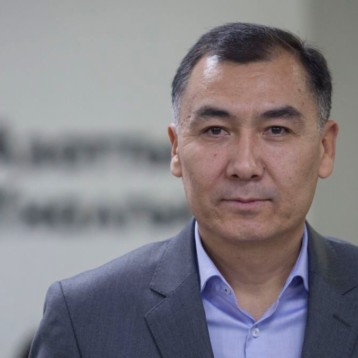
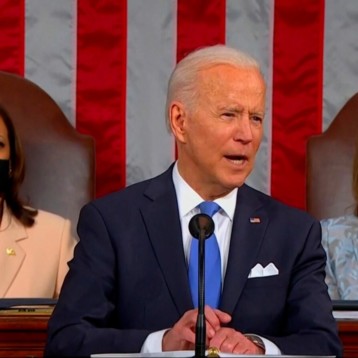
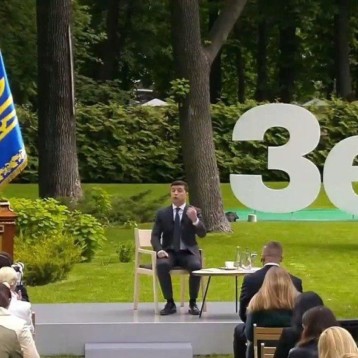
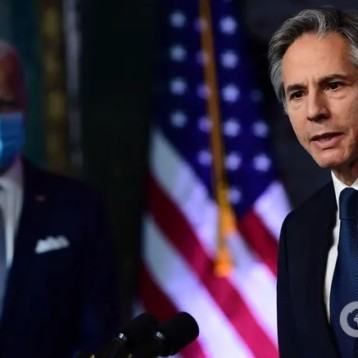
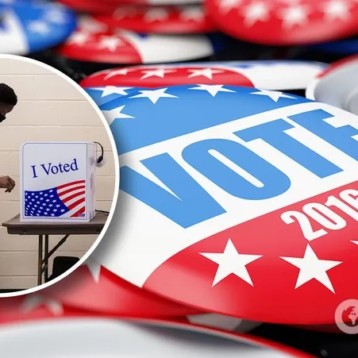

You must be logged in to post a comment.